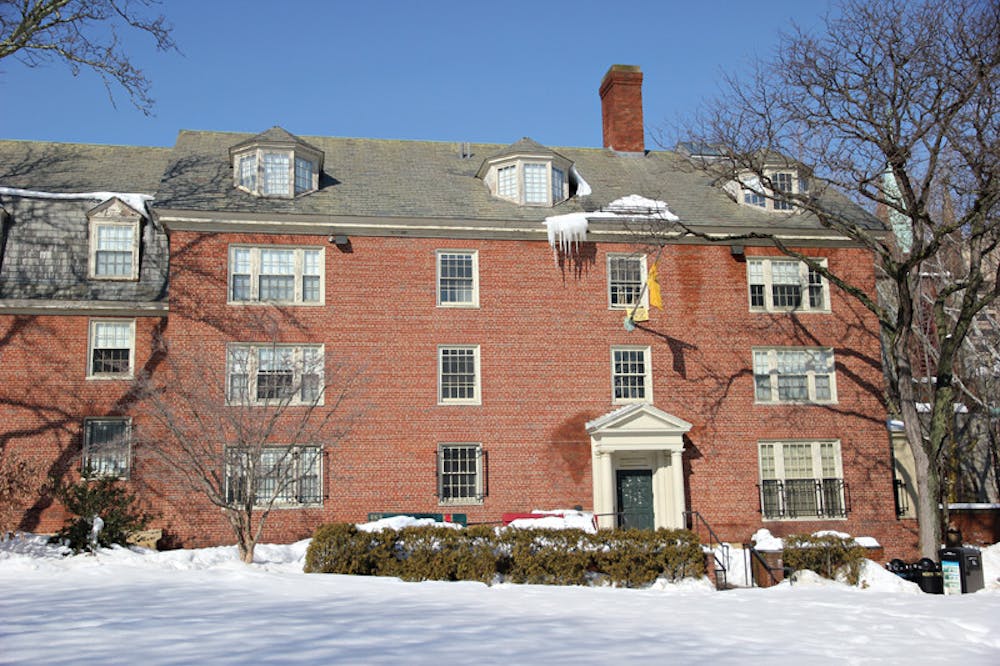This post was updated February 23, 2015 at 1:31 a.m.
The University has amended the sanctions against Phi Kappa Psi announced Jan. 19, allowing the fraternity’s members to petition the University for recognition beginning in May 2017, wrote Margaret Klawunn, vice president for campus life and student services, and Russell Carey ’91 MA’06, executive vice president for planning and policy, in a community-wide email Saturday. The change follows the revelation that evidence previously thought to definitively indicate that a student had ingested the date-rape drug GHB at an October party held by the fraternity is, in fact, inconclusive, Carey and Klawunn wrote.
Klawunn and Carey informed the community Nov. 8 that one of two students who suspected they had been drugged at the Phi Psi party had tested positive for GHB.
In a Jan 19. email, Klawunn and Carey wrote that Phi Psi would be stripped of all University recognition, including housing and the ability to host rush, for four years. Despite an appeal from Phi Psi, the sentence was maintained.
The initial test that concluded one student had ingested GHB was conducted by “a reputable external medical laboratory whose representatives had assured the University on three separate occasions that the test results provided conclusive evidence that one student had ingested the date-rape drug,” Carey and Klawunn wrote in Saturday’s email. In February, following additional review by an outside expert, the original laboratory reversed its confirmation, stating the results neither confirmed nor denied the imbibing of a date-rape drug. After the evidence was found to be inconclusive, it was thrown out of the case, and the appeals officer reassessed the sanctions.
Some students expressed frustration with the change in the sanctions and the influence the GHB test results had on the hearing decisions.
“It was a little bit arbitrary bringing down the suspension just because one piece of evidence was thrown out,” said Neil Singh ’16.
Max Lowndes ’17 criticized the University’s initial response to what turned out to be unclear evidence.
“It would have been better to have the University make a decision and stick by it, instead of being wishy-washy on what seems like inconclusive evidence,” Lowndes said. “If they weren’t confident in lab tests before, they shouldn’t have made the decision.”
But Elizabeth Polott GS praised what she perceived as the University’s transparency regarding the Phi Psi decision.
“I went to an undergraduate school where they hid everything,” Polott said. “I’m glad (administrators) are emailing us. … It’s nice to see them making an effort.”
Carey and Klawunn wrote in Saturday’s email that the GHB test results were not the determining factor in the hearing decision.
“The laboratory test was only one piece of evidence in the set of facts in this case, and not particularly determinative,” Carey and Klawunn wrote, adding that “the student conduct board found a very strong likelihood that two students were administered alcohol and/or some other drug diminishing their normal functions to a degree that placed them at risk of harm.”
“The single unreliable laboratory test does not alter the overall disciplinary record of this organization, and the sanctions which have been imposed, and upheld on appeal, are fair and appropriate,” Carey and Klawunn wrote.





